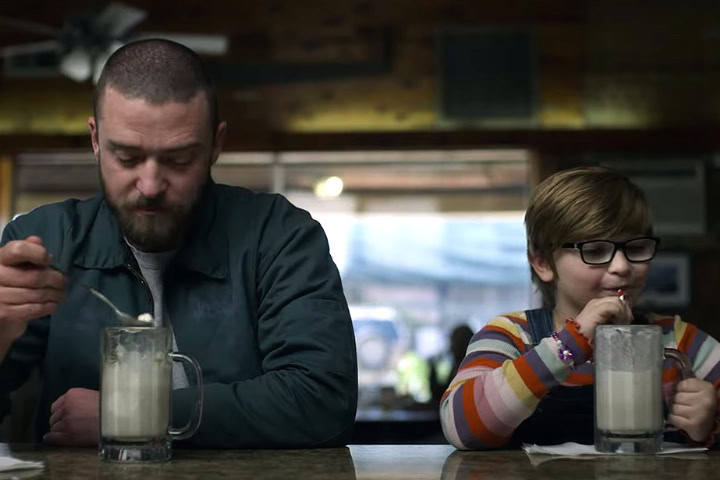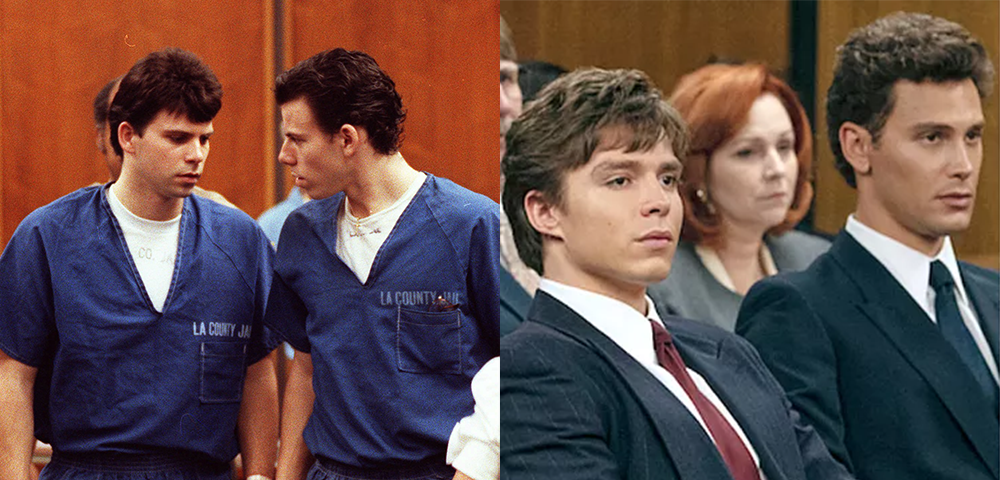
REVIEW: Justin Timberlake’s New Film, Palmer

Palmer, recently released on Apple’s own streaming service, Apple TV, is a well-meaning if perhaps earnest drama which centres on a narrative that has been well trodden by many a director and writer before. But this is not to say the drama is not successful, because it certainly is, and at its best it pulls on the heart strings gently, without ever overplaying what could easily have turned into the melodramatic.
Directed by Fisher Stevens and written by Cheryl Guerriero, the film stars Justin Timberlake as Eric Palmer, in his first cinematic outing since 2017’s Wonder Wheel. Starring alongside Timberlake is young actor Ryder Allan who throughout this film shines in the role of Sam.
The narrative, as mentioned is nothing new – it follows the story of a newly released felon, who returns to his childhood town, where before serving time, he was a football star. Only to soon be faced with the death of his grandmother, a woman who was more of a mother to the young Palmer, and is then forced into the role of guardian of a young child.
It is this character of Sam, which is the most interesting and well-wrought. Without ever being explicitly detailed, his struggles at a young age of not confirming to gender norms. This serves as a metaphor for what the film more generally discusses, and that is toxic masculinity and how it forms, and plays out in societal settings.
But that’s where it ends. Timberlake aside from serving big DILF energy spends most of his screen time gravitating between either brooding silence or violent outrage with very little emotional depth or dexterity in between.
As the film progresses, we see the bond between Sam and Palmer continue to blossom, but without really going much deeper below the surface of either character. So you certainly won’t need to be clairvoyant to know exactly how each successive scene will play out.
The rest of the ensemble in their supporting roles are adequate, however Juno Temple in the role of Sam’s violent drug addicted mother Shelly, deserves an honourable mention in a portrayal that takes no prisoners.
Steven’s direction also leaves something to be desired as at times, the film tries a little too hard to be something that it’s not. With the jaunty camera angles and an over reliance on an emotive soundtrack full of guitar twang and the sounds of hot nights and Louisiana swamplands becoming tiring well before the films second half.
At just under two hours, Palmer easily runs 20 minutes or so too long, making the experience of watching the film just that little more laborious. Yet in saying this it is still an adequate, and thought-provoking work, and one which is far more accessible to a much wider audience than other films of this ilk that have come before.
★★★









